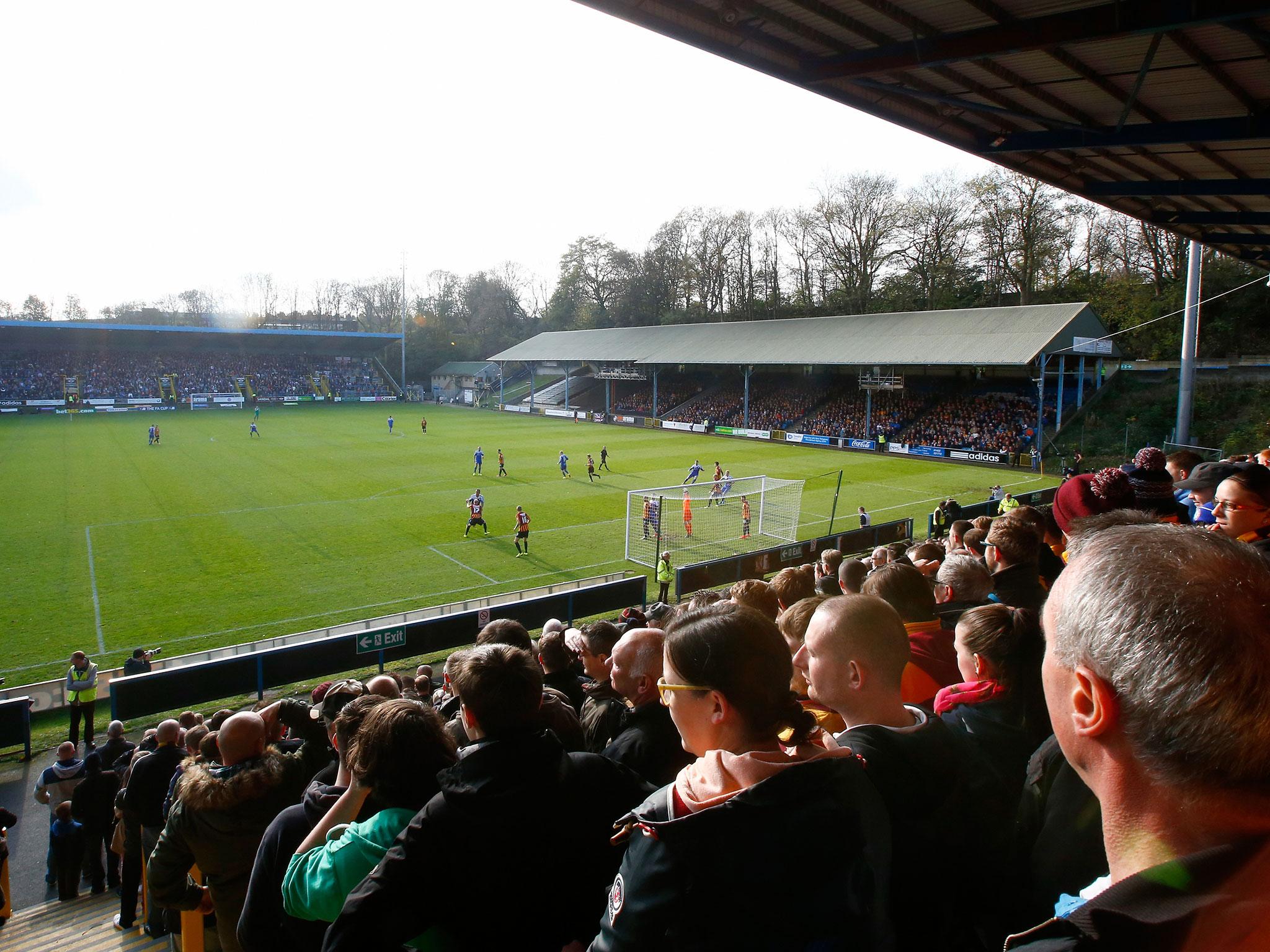Footballers earn less than average British salary and face bullying in the work place, survey finds
The survey was conducted on behalf of the International Federation of Professional Footballers and gathered evidence from almost 14,000 players from across 87 leagues in 54 countries

Most footballers earn less than the average British salary, are often paid late, are bullied in the work place and have little job security, according to the world's largest survey of professional athletes.
Conducted by Manchester University on behalf of the International Federation of Professional Footballers (FIFPro), the 'Global Employment Report 2016' gathered evidence from almost 14,000 players from 87 leagues in 54 countries, but not England, Germany or Spain.
The Professional Footballers' Association chose not to participate in the survey, but its Irish and Scottish equivalents did.
The absence of the three biggest and most lucrative markets clearly has an impact on the overall findings, but even accounting for this the report's results are surprising.
Nearly half of male professionals who replied earn less than USD 1,000 a month (£810), while three quarters of the total earn less than USD 4,000 a month, which equates to annual wage of £39,000.
With the average wage in Britain widely reported to be over £27,000, the report's authors say it "debunks the myth that players enjoy a highly-privileged lifestyle".

The report also reveals that four in 10 players experience late payment of wages, three in 10 are transferred to clubs against their will and one in five have been forced to train alone as a punishment or attempt to force a move, while one in six say they have been harassed by their clubs.
But perhaps the most worrying finding is that one in 14 players - effectively a player per team in every match - have been approached by match-fixers during their careers, with a strong correlation between this and late payment: half of those approached by fixers have also had to wait for wages.
FIFPro general secretary Theo Van Seggelen said: "This report for the first time provides a detailed and accurate picture of what the average professional player experiences.
"We now have an evidence base for the reforms that are needed in the football industry. Overdue payables, forced transfers and training alone - all this must be a thing of the past.
"We need to build a package of measures with all stakeholders. Clubs, leagues, confederations and FIFA must accept those failures of our industry.
"We need to guarantee minimum employment standards for all players and clubs in all countries, reform the international regulations and think about the economic future of football.
The new FIFA president (Gianni Infantino) announced that he wanted to work with the professional game to bring about much needed reform. This report must be the starting point."
PA.
Join our commenting forum
Join thought-provoking conversations, follow other Independent readers and see their replies
Comments
Bookmark popover
Removed from bookmarks